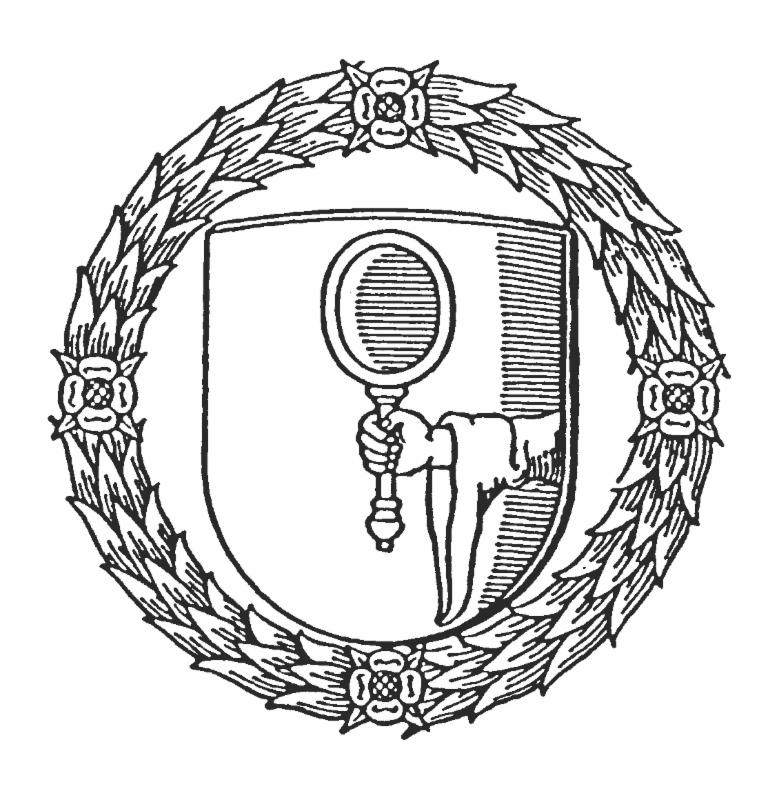 I’ve just completed my first annual report as the new editor of Speculum. If you’re a glutton for punishment, you can read the whole thing under Proceedings in the July issue. But in the meantime, I’d like to share some statistics with the whole MAA membership. During my first eight months on the job we received 65 submissions, of which we accepted 5, rejected 43, and offered 10 authors a chance to revise and resubmit. As of March 1, nine articles are still under review. (Two contributors have already resubmitted their pieces, accounting for the discrepancy.) So our acceptance rate of fully reviewed submissions is only 8.6%. It’s wonderful to be so selective—but we’re very much on the lookout for first-rate articles! So please consider submitting your work.
I’ve just completed my first annual report as the new editor of Speculum. If you’re a glutton for punishment, you can read the whole thing under Proceedings in the July issue. But in the meantime, I’d like to share some statistics with the whole MAA membership. During my first eight months on the job we received 65 submissions, of which we accepted 5, rejected 43, and offered 10 authors a chance to revise and resubmit. As of March 1, nine articles are still under review. (Two contributors have already resubmitted their pieces, accounting for the discrepancy.) So our acceptance rate of fully reviewed submissions is only 8.6%. It’s wonderful to be so selective—but we’re very much on the lookout for first-rate articles! So please consider submitting your work.
Not all accepted articles need to be “interdisciplinary,” but they must be accessible to a wide audience of medievalists beyond your particular field. Whether you’re analyzing a manuscript or a microhistory, a poem or a panel painting, how can you appeal to readers outside of your discipline? When editorial board members vet new submissions, they are asked to use the following criteria:
• Is the article too narrow for Speculum? If so, could it be opened up?
• Is the article framed in a way to interest readers outside its own discipline, geography, and chronology? Could it be, if given useful direction?
• Does the article have a broad enough appeal for a diverse audience of Speculum readers?
• Is the research original or is it derivative?
• Does the article make a new argument?
• Does the article introduce new methodology to the field?
• Is the English prose publishable?
• Does the article have the potential to alter the conversation in its field?
• If the topic is primarily non-western, does it have a comparative dimension? Could it? Does it or could it have the capacity to speak to a broad audience?
Incidentally, articles are now being accepted for the April 2027 issue, so we’re closing in on our goal of reducing the lag time between acceptance and publication to no more than one year. Please let us hear from you!
Barbara Newman
Editor of Speculum: A Journal of Medieval Studies



